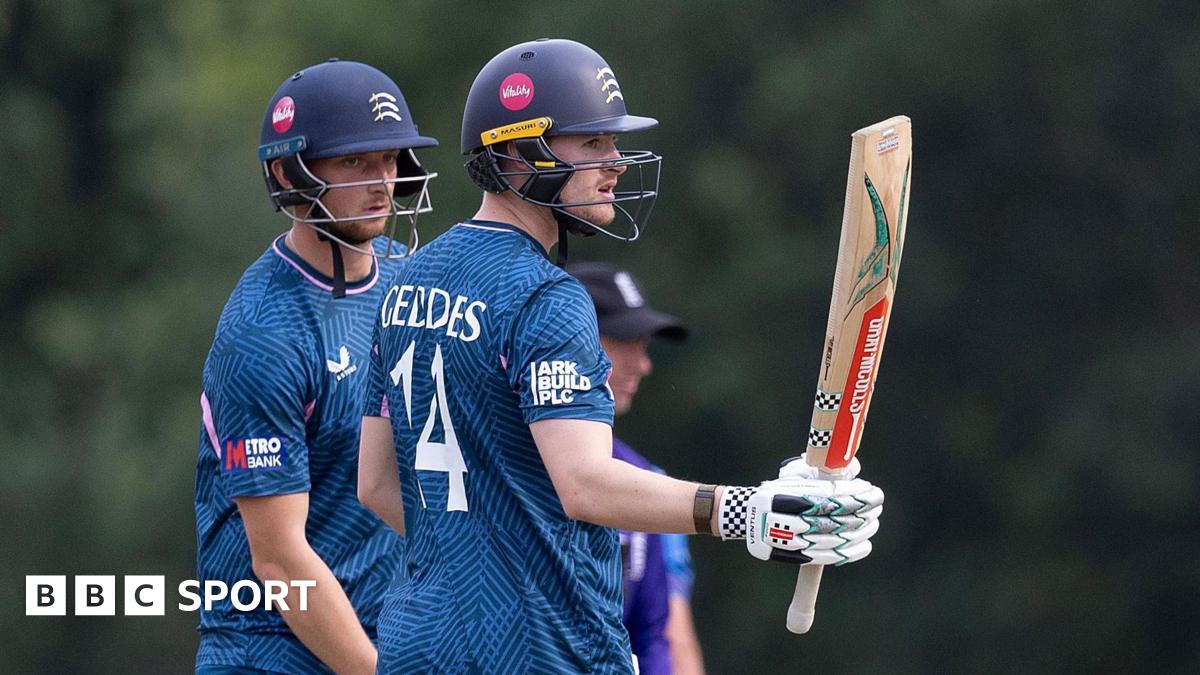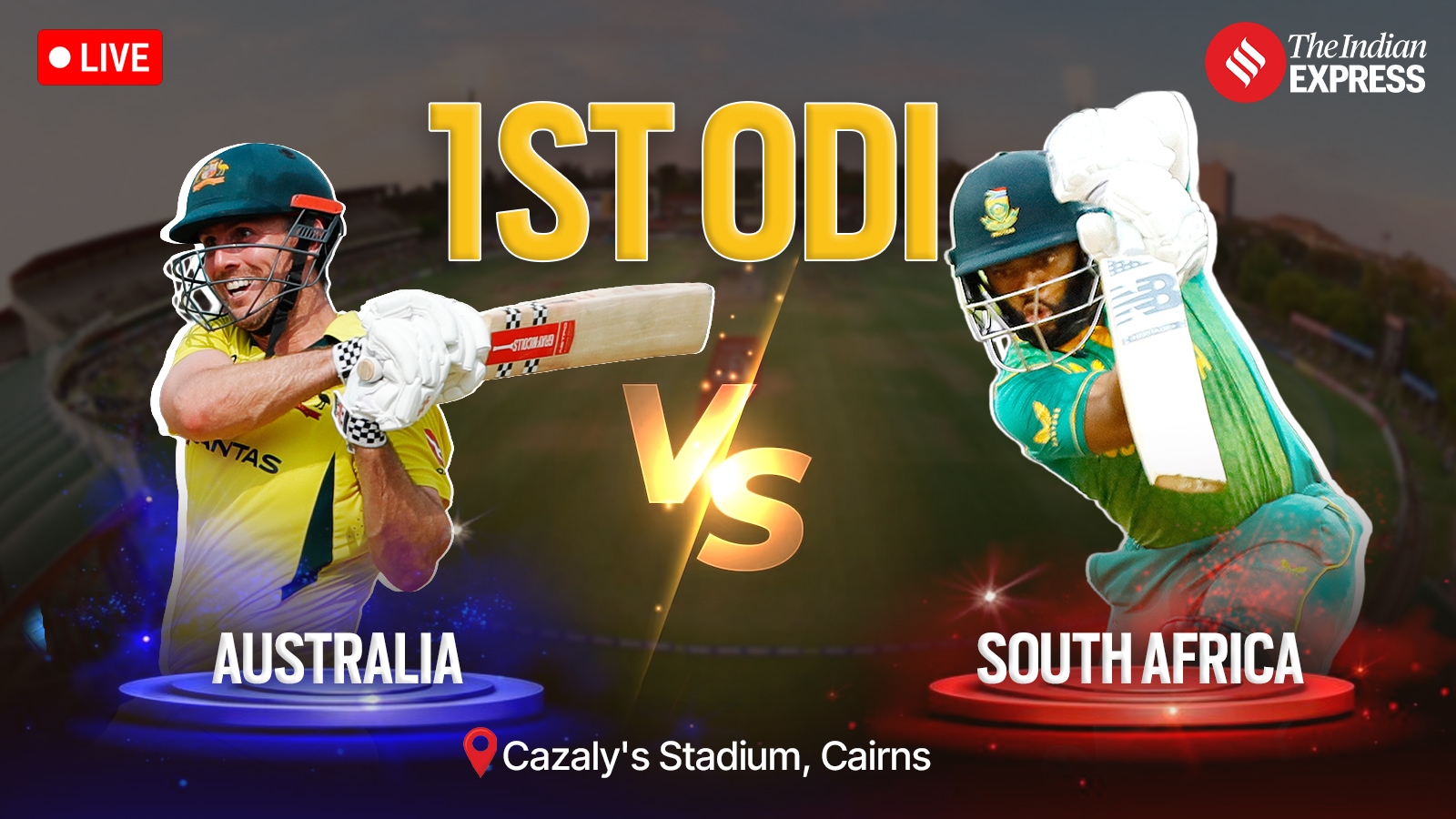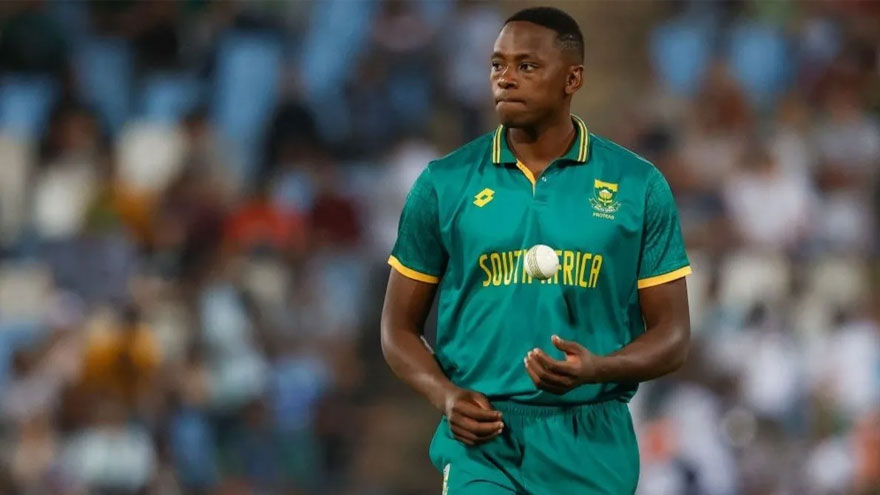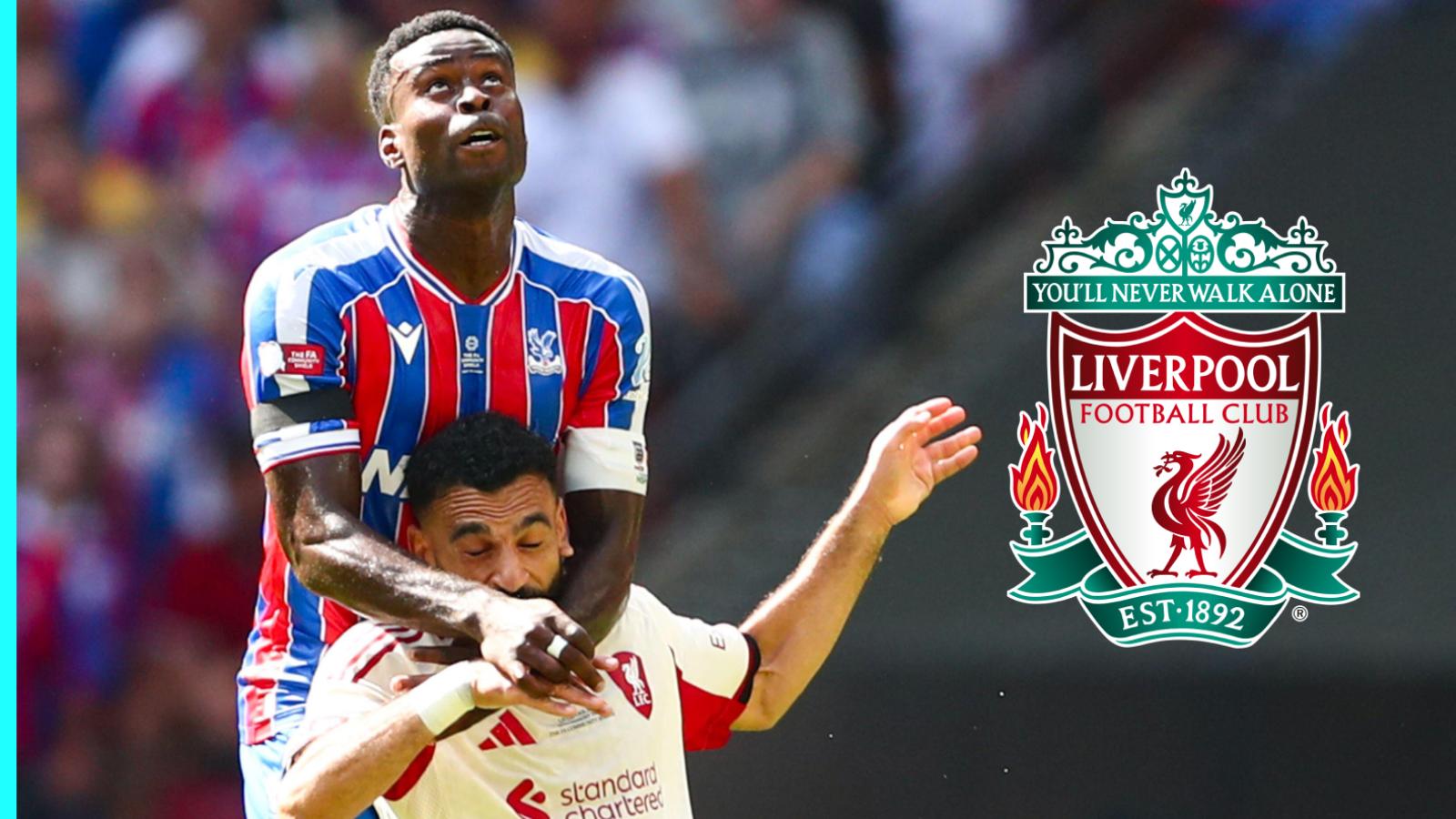Why neutrals should back South Africa against Australia in WTC final

On a recent episode of The Grade Cricketer podcast, the hosts, Sam Perry and Ian Higgins, tore lumps out of South Africa in a foul-mouthed tirade about the World Test Championship final against Australia. Perry predicted a finish “inside three days” and Higgins, practically thumping the table, said: “If I don’t look at a scorecard and South Africa are three for spit my TV is going through the window.” Cue big alpha chuckles and main-character knee slaps.I know they were joking, skewering Australian arrogance as much as South African frailty, and that they have built a formidable brand that runs on side-mouthed jibes and hyperbolic bluster. Still, the lizard part of my brain lit up in protest. How dare they dismiss my countrymen? I wasn’t alone in taking offence.Then my prefrontal cortex took the wheel and my anger turned to resignation before morphing into sadness. Not because they’re probably right, and that anything other than an Australian romp would constitute an upset, but because of what a one-sided affair would say about the game.What we are looking at might one day be remembered as a high-water mark for global Test cricket. This could be the last chance a team other than Australia, India or England have a shot at claiming Test cricket’s big prize. Notions of a competitive ecosystem are already threadbare. Captains representing one of the three wealthiest boards have lifted 71% of ICC titles since 2006. Another trophy for Pat Cummins would only emphasise this gulf.So we are all supporting South Africa next week, right? We should be. Even proud Australians who recognise there is more at stake here than bragging rights. Remember when Fanie de Villiers skittled Allan Border’s boys to win a nail-biter in 1994? What about JP Duminy’s 166 in Melbourne in 2008, a knock that convinced Ian Chappell to prematurely declare Duminy as “the young batsman most likely to usurp [Ricky] Ponting’s title” as “master of the willow wielders”. Would you like to see visitors from West Indies, Bangladesh or Sri Lanka put up a fight on your own patch? If so, you’ll swap gold for green and consider the implications if events at Lord’s unfold as expected.As things stand, South Africa will not host any men’s Tests next summer. The official line is that this barren spell – the first since the country was readmitted to international cricket in 1992 – will allow for stadium upgrades for the 2027 50-over men’s World Cup and provide a rare stint at centre stage for the women’s team. But it is hard not to interpret this as a harbinger of things to come.View image in fullscreen Australia celebrate with their trophy after winning the World Test Championship final in 2023 Photograph: Adam Davy/PASure, Australia (in September) and England (in December) visit for three Tests in 2026, but what happens then? If the Proteas, considerably outgunned compared with their richer rivals, get hammered in those marquee series and fail to take games beyond four days, how long until the beancounters at Cricket South Africa decide to focus instead on white-ball glory?And what of the players? They have held up their end of the deal, qualifying for the final. It is not their fault their board cannot organise more Tests. How long until Kagiso Rabada decides that third spells in the late afternoon dirt are not worth his time?There has already been a haemorrhaging of talent from the Test arena. It has been more than a decade since West Indies started battling to field their best players in whites. South Africa’s fastest bowler, Anrich Nortje, opted out of a central contract to focus on white-ball cricket. So, too, has New Zealand’s Kane Williamson, the winning captain of the first WTC in 2021. These aren’t canaries in the coalmine. They’re the equivalent of hornless white rhinos, stripped of what made them majestic, not by nature but by necessity.There is a cruel irony to South Africa clinging on to relevance in the shade of cricket’s rulers. As Tim Wigmore chronicles in Test Cricket: A History, an epic telling of the 148-year story from its inception to Bazball, it was a South African who was the architect of the original big three. Abe Bailey, a mining magnate with close ties to Winston Churchill and Cecil Rhodes, helped establish the Imperial Cricket Conference in 1909. Almost six decades before the “I” stood for “International”, cricket’s first governing body was a flag bearer for the British empire. This meant teams such as the USA and Argentina, at the time more worthy of a seat at the top table than South Africa, were left to wither on the vine.The next WTC final is scheduled for 2027, the same year Test cricket turns 150. A century and a half of a game prized for its depth and difficulty, but who will be there to celebrate? This tournament, flawed and fiddly though it may be, has proved to be the last thread keeping teams such as South Africa tethered to relevance. Their victory at Lord’s would be a victory for all cricket, a reminder that those on the periphery still matter.














